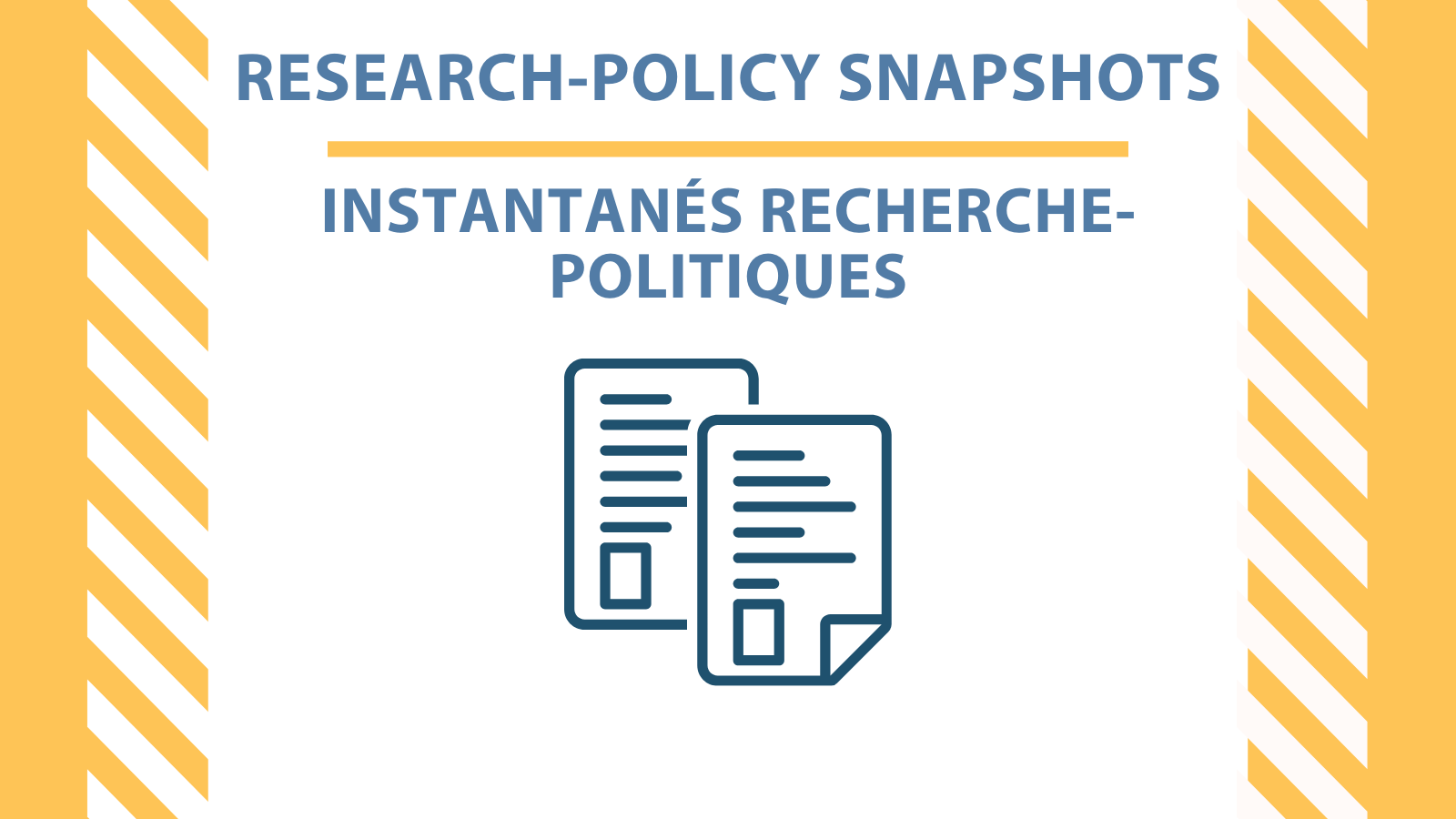
PROOF is a proud member of the Canadian Research Data Centre Network (CRDCN) research community. Through the CRDCN, we’ve been able to further examine the relationship between food insecurity and health, and policy interventions to reduce food insecurity.
CRDCN research-policy snapshots are one-page summaries of policy reports and published research to showcase and extend the reach of the work of the research community using Statistics Canada microdata accessible through Research Data Centres. PROOF provided 4 snapshots for the inaugural release of this initiative.
CRDCN research-policy snapshots
Food insecurity in Nunavut worsened following the introduction of Nutrition North Canada
Based on: Fafard St-Germain AA, Galloway T, Tarasuk V. Food insecurity in Nunavut following the introduction of Nutrition North Canada. CMAJ 2019:191(20);E552-E558. https://www.cmaj.ca/content/191/20/E55
Food insecurity is associated with higher health care use and costs among Canadian adults
Based on: Men, F., Gundersen, C., Urquia, M. L., & Tarasuk, V. (2020). Food Insecurity Is Associated With Higher Health Care Use And Costs Among Canadian Adults. Health Affairs, 39(8), 1377-1385. https://www.healthaffairs.org/doi/10.1377/hlthaff.2019.01637
The relationship between homeownership and food insecurity
Based on: St-Germain, A.A.F., & Tarasuk, V. (2020). Homeownership status and risk of food insecurity: examining the role of housing debt, housing expenditure and housing asset using a cross-sectional population-based survey of Canadian households. International journal for equity in health, 19(1), 1-12. https://equityhealthj.biomedcentral.com/articles/10.1186/s12939-019-1114-z
The unrealized potential of the Canada Child Benefit to reduce food insecurity among households with children
Based on: Brown, E. M., & Tarasuk, V. (2019). Money speaks: Reductions in severe food insecurity follow the Canada Child Benefit. Preventive Medicine, 129. https://doi.org/10.1016/j.ypmed.2019.105876
